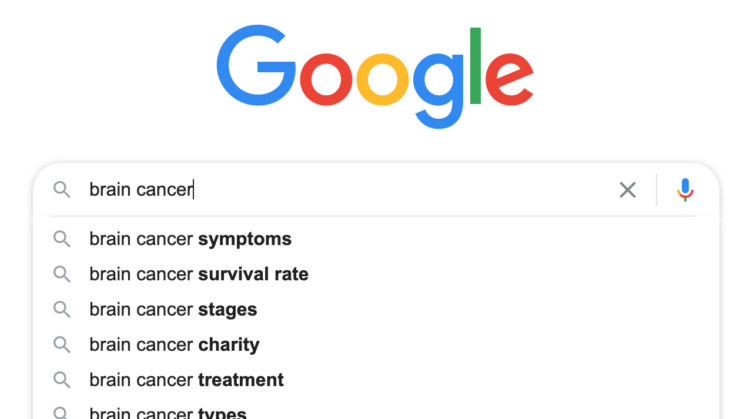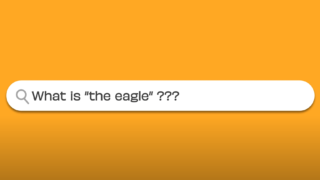Have you ever been told: ‘don’t Google it!’ when it comes to concerns around health?
I certainly have.
But, 70,000 health-related searches are typed in to Google every minute, every day.
We often turn to search engines as our first port of call when we think there is something wrong, have been diagnosed…or when we’re too embarrassed to speak to someone about what’s worrying us.
- Have I got ADHD?
- Is it normal to bleed after sex?
- What to do if you can’t sleep
As Seth Stephens-Davidowitz says, “People tell Google things that they don’t tell to possibly anybody else, things they might not tell to family members, friends, anonymous surveys, or doctors.”
We’re all very candid with search engines and for that reason, the data is incredibly valuable when it comes to understanding what’s truly going on in people’s heads.
On February’s AnswerThePublic webinar, Search Listening’s Sophie Coley and Julia Walsh, CEO of Brand Medicine International talked about why is search listening is so valuable to healthcare and pharma:
Here we share some of the key takeaways from Sophie and Julia:
According to a Penn Medicine study, health-related Google searches also appear to increase among emergency room patients weeks before visiting the hospital.
More than half of patients searched for clinical information related to the medical issue they ended up going to the hospital for, including symptoms or a potential illness.
But, in a survey conducted by Brand Medicine International, about seeking health advice online, over 50% of respondents stated “It takes a long time to obtain a clear answer to my query” and 32% said, “I usually end up with more questions than I started with’.
The experience isn’t always perfect for the patient. Content published online by unqualified authors or those with an agenda opens the door to misinformation and scare-mongering.
This presents an opportunity for health professionals to answer patient questions to try and ensure they are getting the best possible information and advice.
Search listening reveals uncensored patient questions illuminating the blindspot in the healthcare landscape, and revealing the real online narrative around illness and treatments.
Why search data is so valuable when it comes to health
- It’s free to access
Type something into Google right now and the suggestions feature (the results that automatically appear when you type a word or phrase into the search box) actually provides a lot of insight if you stop and look. It works on popularity or similarity. So if something is trending in Google’s suggestions – it means lots of people are searching for the same topic at the same time. This is a great point to start search listening:
(This is the information AnswerThePublic serves back to you, but by using the tool it’s done at scale so you can save loads of time!).
- It’s representative
Everyone from grandparents to grandchildren use search engines. There are no biases. It will depend on which county you’re in, but generally, Google has 90% of the market share, so you’re getting a huge chunk of the population in terms of the data.
- It’s immediate
You can use tools like Google’s autocomplete data, Google Trends, and AnswerThePublic to start looking into search data right now. It also updates immediately – and you can track a search term and see how it evolves day by day. Check out this search listening example which is tracking searches around the covid vaccinations in the UK.
- It’s observed
In Julia’s words: ‘People don’t want to share things with their doctors. How can we hope that they’re going to share them in focus groups and surveys?’ With search data, there is no artificial research environment – these are real people, asking real questions in a completely private setting.
- The sample is huge
We said it earlier. 70,000 health-related searches a minute. As Sophie says: ‘You can think of Google as the largest focus group that you’ll ever do!’
- It’s candid
Google is an anonymous white box. People tell search engines things they wouldn’t tell anyone else in their lives. It’s not going to be tracked back to them (unless they’ve broken the law!) – searches are largely private to you, and so people are very candid.
For those taking their first steps in listening to search queries, and look at search results, the competitive advantage is there for the taking. The power of what you learn to help accelerate the time to diagnosis for patients in your category, or stem the loss of hard-won patients who have been prescribed your medication (80% of whom will look it up online!), is likely to deliver an astounding ROI.
If you want more help implementing search listening in your organisation then Sophie and Julia are available for consultancy and training, just drop them an email:
- Sophie is at sophie@searchlistening.com (or searchlistening.com)
- Julia is at julia@brandmedicine.com.au (or brandmedicine.com.au/pulse-check)







